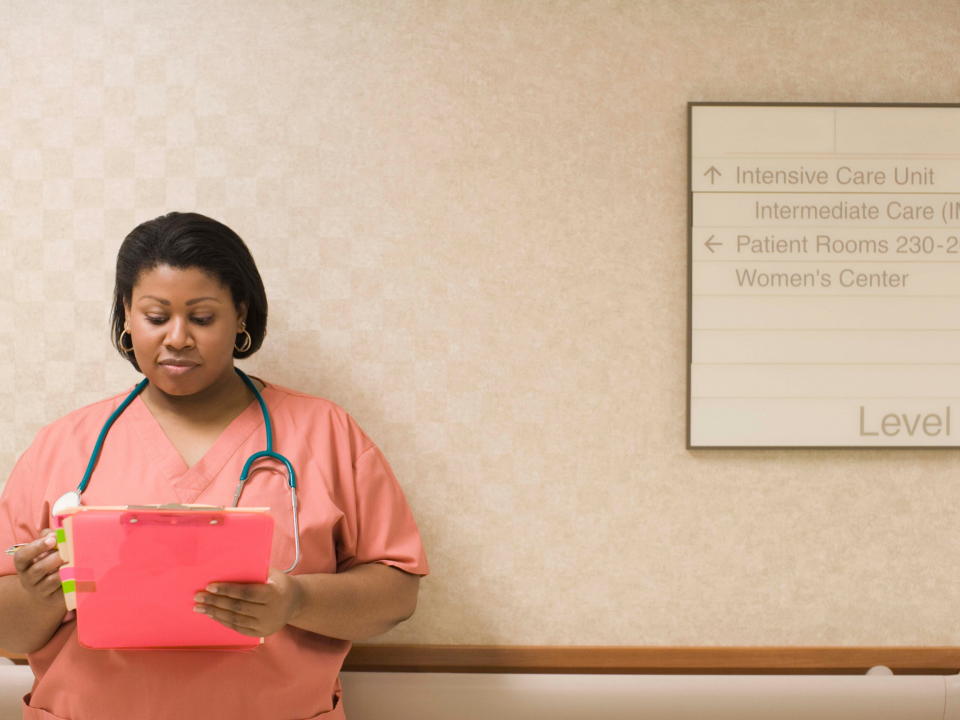In recent months the circumstances around inequality and race have been at the forefront of our minds. The deaths in the United States of black men at the hands of police has caused huge distress and spawned protests across the world, as images were flashed across the internet.
In the UK the waited-for report, The Public Health England review on how COVID-19 affected Minority ethnic groups (BAME), points to the disproportionate number of people from black, Asian and minority ethnic (BAME) who both contracted, or have died from the disease. As more emerges, the impact of historical racism within the healthcare sector and the social needs of the population, is being hailed as a strong factor within this health disparity.
Furthermore, issues have been raised with regards to the BAME population of healthcare practitioners with the Royal College of Midwives providing risk assessment guidance for staff in the pandemic. There is responsibility of the individual staff member, but also on managers, to ensure BAME staff are adequately advised and protected in current and future circumstances.
In addition to the major report, a study in the BMJ around the admission of pregnant women to hospital during the pandemic highlights that 233 (56%) were from the BAME community. The significance is not lost that, prior to the pandemic, the triennial MBRRACE report in 2019 on maternal deaths related to pregnancy, raised that black women are five times more likely to die as a result of complications in childbirth than white women, with three times for those of mixed ethnicity and double for Asian women.
The results of these studies and government reports should focus maternity services, government and academic attention on addressing this disparity. All the reports point to the discrepancy of social circumstances for those in BAME groups as well as access to health. This mirrors the MBBRACE findings of inequality in health provision, leading to higher chance of mortality. For midwives it is appropriate to take all this on board and make changes to ensure there is focused attention on challenging practices that meet only the needs of a white population.
Addressing appropriate translation of documentation, and education of all staff around language is important as is raising the profile of midwives as public health practitioners to enable recognition and support of women and families in high deprivation areas. Midwives should be promoting the voice of women and families from BAME communities as well as speaking on their behalf, pushing local and the wider government to provide funds for increased services in areas of need.
Midwife educators should be looking at current courses to ensure there is decolonisation and active promotion of BAME wellbeing, along with promotion of members of the BAME community to become midwives. Researchers should increase foregrounding data that is BAME specific. As we now know that racism exists it is our responsibility, all of us, to make every effort to stamp it out.
We at the Midwifery Forum encourage and support all who work in maternity to recommend their BAME colleagues to put themselves forward to speak about their work at our forthcoming festivals and Maternity & Midwifery Hour programmes streamed live on our Facebook page, to ensure we hear their voices.
If you are working in services to improve the care of women in these areas we also want to hear from you. We want to actively promote BAME midwives into the spotlight in every way in order to improve the wellbeing of all communities.
Please get in touch with [email protected] to find out how to participate and make your voice heard.



